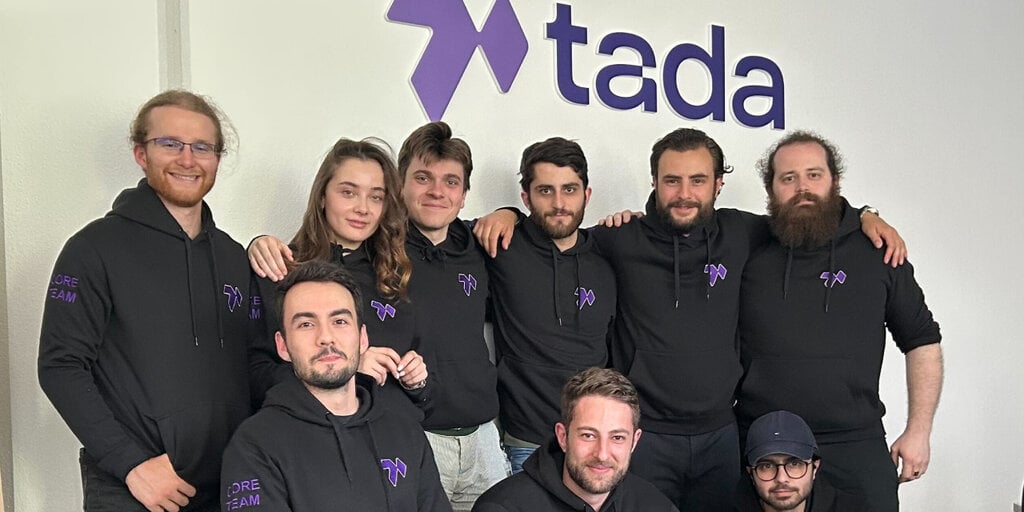
Vivoka’s New Project “Ta-Da” Puts Web3 and AI Together to Collect Data for Training
French tech company Vivoka is making waves in the industry with its latest project, “Ta-Da.” By combining Web3 technology and artificial intelligence (AI), Vivoka aims to collect data to train AI models more effectively. Led by CEO William Simonin, the company has recently rolled out the private beta of Ta-Da and plans to launch the public beta next quarter.
The platform utilizes blockchain technology to encourage users worldwide to share data through various tasks, such as reading a sentence, writing a text, or recognizing an object. The collected data, comprising voice recordings, images, videos, and texts, will be accessible to businesses for training AI models. In return for their contributions, users will be rewarded with TADA tokens.
One of the key challenges faced by companies using data to train AI models is the high cost and inconsistent quality of data. Ta-Da aims to address these challenges by leveraging the MultiversX blockchain. Simonin emphasized the importance of blockchain providers as technical allies, highlighting the more intimate and prioritized collaboration with MultiversX compared to alternative platforms.
In addition to addressing data quality and cost, Ta-Da also prioritizes user privacy by solely relying on volunteer-generated data. This approach stands in sharp contrast to companies like Meta and Amazon, which have used public posts from Facebook and Instagram or actual user conversations to train their AI models, respectively.
Ta-Da’s primary focus is on voice recognition, aiming to accumulate voice recordings in multiple languages to fine-tune AI voice recognition systems. With Vivoka’s expertise in voice development kits and support for 42 languages, the company has already embedded its technology in over 100,000 devices globally, working with around 100 clients across various sectors.
The project stems from the realization of the challenges within the voice data collection sector. The immense volume of data required for refinement can be prohibitively expensive, with costs ranging from $100,000 to $1 million annually for companies focused on AI. Furthermore, concerns about data authenticity and quality commonly arise, with only a small portion of datasets undergoing rigorous examination.
Ta-Da aims to address these challenges by offering higher rewards for rarer voices. Simonin highlighted the importance of diversifying the audio dataset, as an AI trained solely on one voice, such as a male voice, may struggle to accurately interpret input from a different voice, such as a female voice speaking the same language.
The platform will provide different tasks with varying remunerations, incentivizing contributors with unique requirements, such as speaking a particular language with a specific accent. For example, Ta-Da might pay more for someone who can speak Corsican with an English accent.
With the introduction of Vivoka’s Ta-Da project, the fusion of Web3 and AI serves as a powerful means to collect data for training AI models. By incentivizing users and prioritizing data quality and privacy, Vivoka aims to revolutionize the data collection process, ultimately advancing the capabilities of AI systems.






